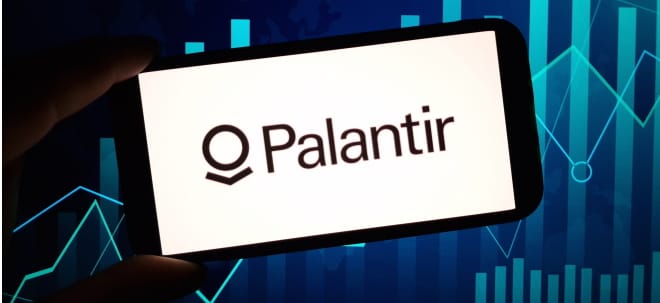Shuka unfazed by legal storm over copper target Kabwe
Werte in diesem Artikel
COAL miner Shuka Minerals debuted on the JSE’s AltX last month. Surprisingly, it is the first minerals and mining listing in South Africa since Copper 360 made its entrance more than two years ago.As this came on the day the government gazetted amendments intended to overhaul the country’s centrepiece mining industry legislation — the Mineral & Petroleum Resources Development Act (MPRDA) — in an effort to attract more foreign investment, it’s poignant that Shuka’s targets are coal in Tanzania and copper in Zambia.Critics of the amendment bill, which is out for comment until August 13, say it could result in the government demanding more empowerment of miners. This will not build investor confidence, said Hulme Scholes, a director of Malan Scholes Attorneys.The Minerals Council South Africa says though it provided feedback to the department of mineral & petroleum resources about the bill, it was in no way part of framing the amendments. This sounds ominous.Against this background, the JSE has to be satisfied with Shuka, an inward secondary listing. Its coal asset, known as Rukwa, was previously operated by UK-listed Edenville Energy. After encountering cash flow problems, a degree of investor ennui appears to have set in, according to Richard Lloyd, Shuka CEO since January.Enter South African entrepreneur Quinton van der Burgh and his collaborator Jason Brewer, who are behind another JSE miner, Marula Mining. In return for an injection of much-needed investment, Q Global Commodities (operating through its Dubai company AUO Commercial Brokerage) and Brewer’s Tanzanian joint venture Gathoni Machai Investments have taken over Edenville Mining, renaming it Shuka.The aim is to get the wheels turning again by September at Rukwa, where a local industrial market, primarily in cement production, is hungry for the coal. The mine’s initial targets are relatively modest but, as Lloyd told the FM earlier this month, Rukwa could be returned to monthly output of 5,000 tons or more by 2026 or 2027, depending on the availability of additional capital.In the meantime, about 63 tons of stockpiled material could be rewashed and sold, which would also stress-test the plant for run of mine material. “There’s absolutely nothing wrong with the asset. The geology is really straightforward,” said Lloyd, a geologist. “It’s been unloved and perhaps suffered from a lack of funding.”In addition, Shuka is hoping to diversify into Zambia by buying the Kabwe lead and zinc mine. Kabwe is the battleground for an acrimonious class action case set for the UK, involving Anglo American. Claimants, the relatives of Zambians affected by Kabwe’s operations in the 1970s, say the UK group overlooked environmental pollution with harmful effects, some of which were fatal.Lloyd said Shuka’s acquisition of Kabwe is in no way linked to what may potentially go down in the UK high court. On the contrary, the reopening of the mine will benefit Kabwe’s people. “At the moment, the place is overrun with artisanos [artisans] who want to have their old jobs back,” he said.It’s hard though to imagine that sustainability warriors won’t be all over Shuka’s plans for Kabwe, given the high sensitivity of the case. Lloyd seems unfazed: Shuka will step carefully and deliberately, he says. Before that, there’s a deal to be done with Kabwe’s current owner, Leopard Exploration & Mining. Shuka has to pay $1.35m in cash plus shares, and the parties recently extended the due date to June.Exploration spendThis is exactly the kind of up-by-the-bootstraps investment the government would like to see in South Africa. As part of this month’s proposed MPRDA amendment bill, it has also produced a critical minerals strategy aimed at giving mining new impetus. Idiosyncratically, it includes coal in its list, which leaves one to assume that critical minerals in the government’s definition are actually minerals critical to the country, rather than to electric mobility or renewable energy.In any event, the government has been struck by the lack of enthusiasm for South African exploration, the country’s well-developed infrastructure notwithstanding.Spending on minerals exploration in South Africa has shrunk drastically from R6.1bn in 2006 to about R1.2bn in 2023.It launched a similar five-year exploration strategy in 2022, targeting 5% of global mineral exploration spend, estimated at $900m. Despite this, exploration in South Africa as a proportion of global exploration spend stubbornly remains less than 1% of the total.A version of this article first appeared in the Financial Mail.The post Shuka unfazed by legal storm over copper target Kabwe appeared first on Miningmx.Weiter zum vollständigen Artikel bei Mining.com Weiter zum vollständigen Artikel bei Mining.com
Quelle: Mining.com

